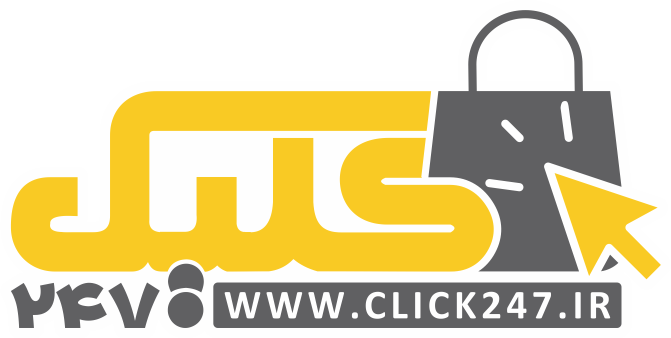In the ever-evolving realm of education, where information flows perfectly and access to understanding is just a click away, student-driven encyclopedias are emerging as a vibrant device in the knowing procedure.

These systems not just supply pupils with a repository of information yet also encourage them to contribute, edit, and curate material, fostering a collective and interactive learning setting.
As instructional paradigms shift in the direction of more participatory and comprehensive models, the concept of student-driven encyclopedias personifies this makeover. These platforms empower pupils to end up being energetic individuals in understanding production, linking the space in between typical book discovering and contemporary electronic resources.
The Concept of Student-Driven Encyclopedias
Student-driven encyclopedias are electronic platforms where students collectively collect, verify, and share information on a vast array of subjects. Unlike traditional encyclopedias, which are commonly composed by specialists, these platforms utilize the joint efforts of trainees to produce a thorough body of knowledge.
At their core, student-driven encyclopedias are made to grow essential reasoning, study abilities, and digital literacy among students. By participating in the procedure of material creation, trainees find out to browse and ask and learn q&a examine info critically, skills that are necessary in today’s information-rich culture.
Moreover, these platforms function as a room for trainees to discover their passions and share their know-how. This democratic method to knowledge creation makes certain that a diverse series of point of views and voices are represented, improving the discovering experience for all individuals.
- Pupils obtain hands-on experience in research study and material production.
- Motivates partnership and peer interaction.
- Advertises a deeper understanding of subject.
- Fosters inclusivity and diversity in knowledge representation.
Essentially, student-driven encyclopedias change students from easy receivers of details right into active contributors, instilling a sense of ownership and duty in their instructional trip.
Advantages of Student-Driven Encyclopedias
Among the principal benefits of student-driven encyclopedias is the growth of essential 21st-century skills. As trainees participate in the procedure of web content creation, they develop their important reasoning, electronic proficiency, and interaction skills, every one of which are vital in today’s interconnected globe.
Additionally, these systems urge a collective learning atmosphere, where trainees can work together to verify details, dispute various perspectives, and co-edit write-ups. This peer-to-peer communication not only improves learning outcomes however also promotes a feeling of area and shared regard among trainees.
Additionally, student-driven encyclopedias use a system for showcasing pupil work. As pupils add to the encyclopedia, they develop a profile of their research and writing, which can be invaluable for additional academic and expert quests.
Obstacles and Limitations
Regardless of the numerous benefits, student-driven encyclopedias additionally face specific challenges. Making sure the accuracy and dependability of details is vital, as these platforms rely on contributions from pupils who might not yet have expert-level knowledge.
- Keeping content top quality and accuracy.
- Offering ample supervision and advice.
- Guaranteeing fair accessibility and inclusivity.
To minimize these challenges, numerous student-driven encyclopedias carry out a system of checks and equilibriums, where material is examined by teachers or experts prior to publication. This ensures that the information presented is both exact and credible, promoting the honesty of the system.
The Future of Student-Driven Encyclopedias
As modern technology remains to advance and the landscape of education and learning progresses, the potential for student-driven encyclopedias is large. These systems have the capability to not only complement traditional educational resources yet additionally redefine the method understanding is obtained and shared.
In the future, we might see student-driven encyclopedias integrating advanced modern technologies such as expert system and artificial intelligence to improve content curation and customization. In addition, they may broaden beyond textual information to consist of multimedia web content, supplying an extra immersive knowing experience.
Encouraging the Next Generation
Student-driven encyclopedias hold the guarantee of equipping the next generation of learners. By positioning trainees at the helm of expertise development, these platforms motivate lifelong understanding, interest, and intellectual self-reliance.
In conclusion, as educational systems continue to innovate, student-driven encyclopedias stand as a testament to the power of cooperation and the relevance of pupil firm in the learning procedure. By welcoming these platforms, we unlock to a much more comprehensive, interesting, and dynamic instructional experience for all.

